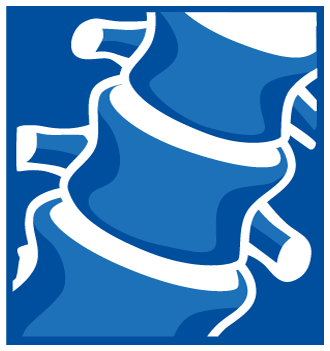Anterior Cervical Surgery
Understanding Anterior Cervical Discectomy and Fusion (ACDF)
What is Anterior Cervical Discectomy and Fusion (ACDF)?
Anterior Cervical Discectomy and Fusion (ACDF) is a surgical procedure used to treat a variety of neck-related issues caused by damaged discs in the cervical spine (the neck area of your spine). The surgery involves two main steps:
- Discectomy – The removal of a damaged or herniated disc that may be pressing on the spinal cord or nerves.
- Fusion – The process of joining two or more vertebrae together to stabilize the spine after the disc is removed. This is typically achieved by using a bone graft or synthetic material.
ACDF is most commonly used to treat conditions like:
- Herniated discs in the neck
- Spinal stenosis (narrowing of the spinal canal)
- Degenerative disc disease
- Radiculopathy (nerve compression causing pain, numbness, or weakness in the arms)
Why is ACDF Performed?
ACDF is performed when nonsurgical treatments such as physical therapy, medications, or injections are no longer effective in alleviating symptoms. If a disc is putting pressure on the spinal cord or nerves, it can cause severe pain, numbness, or weakness in the neck, arms, and shoulders. ACDF can help relieve these symptoms and improve the patient’s quality of life.
What to Expect Before Surgery
Before undergoing ACDF surgery, you will have a thorough consultation with your surgeon. This may include:
- A physical examination
- Imaging tests such as X-rays, MRI, or CT scans
- A discussion about your medical history and any other conditions you may have
Your surgeon will explain the details of the procedure and help you understand what to expect during recovery. You may also be instructed on how to prepare for surgery, such as avoiding certain medications before the procedure.
What Happens During the Surgery?
ACDF is performed under general anesthesia, meaning you will be asleep throughout the procedure. The surgery involves the following steps:
- Incision: The surgeon makes a small incision at the front of your neck to access the cervical spine.
- Discectomy: The damaged or herniated disc is carefully removed.
- Fusion: After the disc is removed, the two vertebrae above and below the disc are fused using a bone graft or synthetic material to promote healing and stabilization.
- Post-operative stabilization: In some cases, a metal plate or screws may be used to hold the vertebrae in place during healing.
The surgery typically takes a few hours, and you will be monitored in the recovery room afterward.
What to Expect After Surgery
Recovery from ACDF varies from patient to patient, but here are some general guidelines:
- Hospital stay: Most patients stay in the hospital for one or two days after surgery, depending on their progress.
- Pain management: You may experience some discomfort after the procedure, but pain medications will be prescribed to help manage it.
- Neck brace: Some patients are required to wear a neck brace to support the spine while it heals.
- Physical therapy: Once your surgeon approves, physical therapy may be recommended to help you regain strength and mobility in your neck and shoulders.
- Follow-up appointments: You will need to attend follow-up visits with your surgeon to monitor your recovery and ensure the fusion is progressing properly.
Recovery Time
The initial recovery period for ACDF is typically about 4 to 6 weeks. During this time, it’s essential to avoid heavy lifting and strenuous activities. After this period, you may gradually return to most normal activities, but it can take several months for your spine to fully heal.
Potential Risks and Complications
While ACDF is generally safe, as with any surgery, there are potential risks and complications, including:
- Infection
- Bleeding
- Nerve injury
- Non-fusion (where the bones do not fuse as expected)
- Difficulty swallowing or hoarseness (due to the incision in the neck)
Be sure to discuss any concerns you may have with your surgeon prior to surgery.
Is ACDF Right for You?
If you’re experiencing neck pain, arm pain, or other symptoms that may be caused by a damaged cervical disc, ACDF could be an effective treatment option. It’s important to have an in-depth conversation with your healthcare provider to understand whether this surgery is the best choice for your condition.
